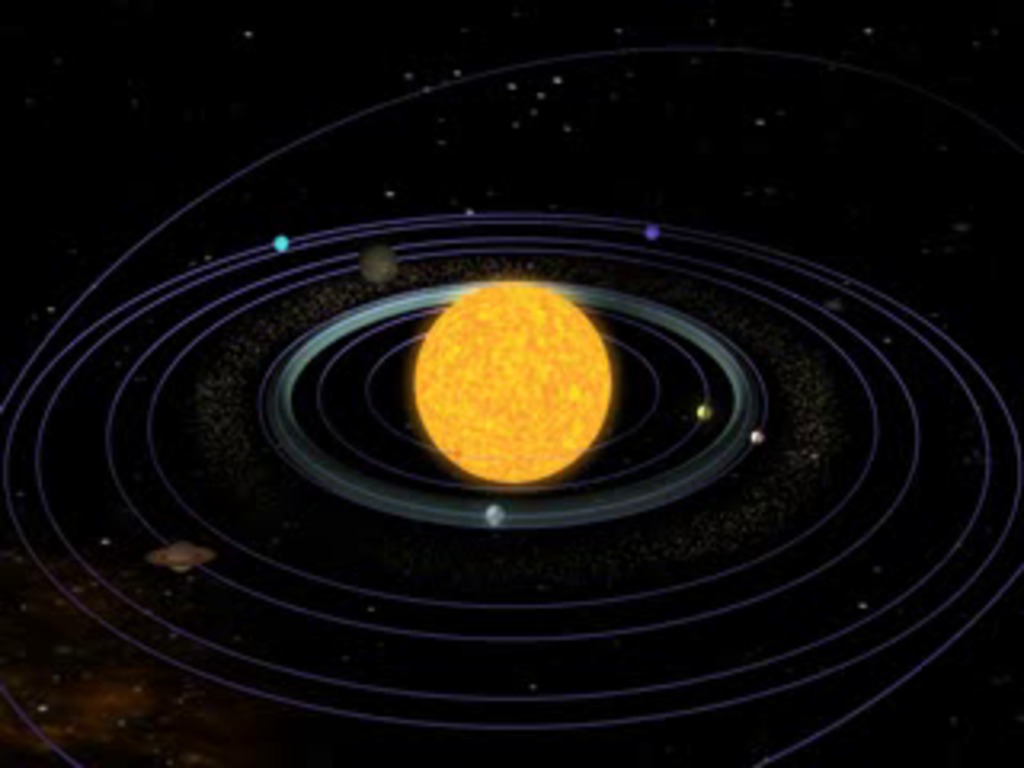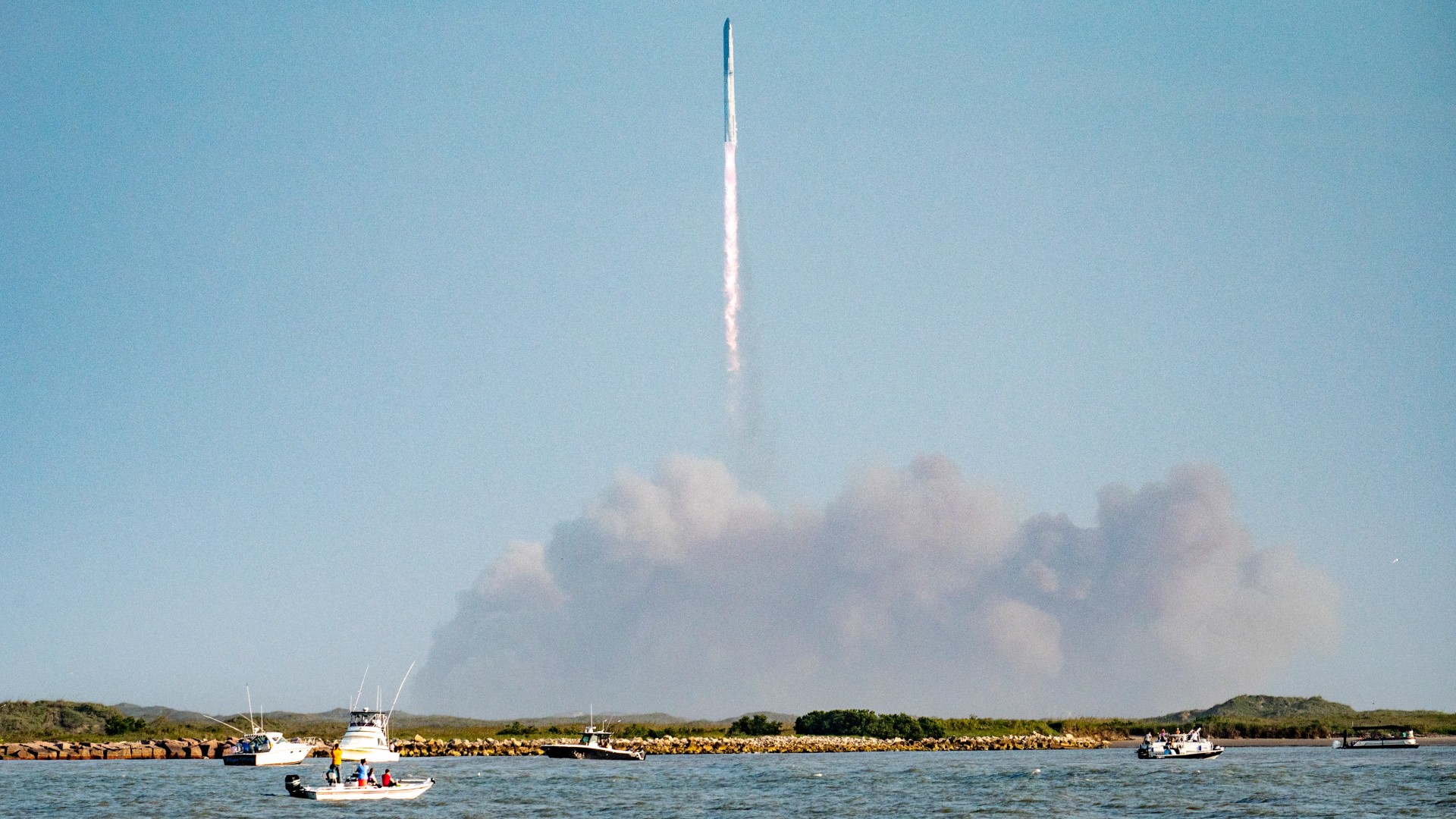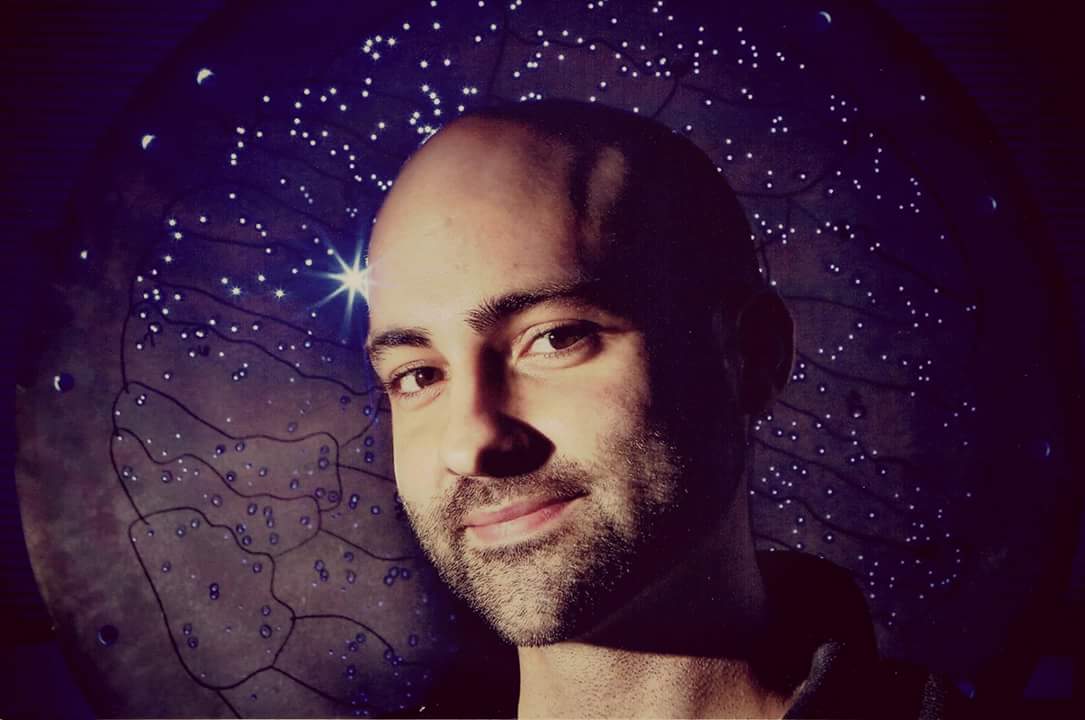
Paul Sutter
Paul M. Sutter is an astrophysicist at SUNY Stony Brook and the Flatiron Institute in New York City. Paul received his PhD in Physics from the University of Illinois at Urbana-Champaign in 2011, and spent three years at the Paris Institute of Astrophysics, followed by a research fellowship in Trieste, Italy, His research focuses on many diverse topics, from the emptiest regions of the universe to the earliest moments of the Big Bang to the hunt for the first stars. As an "Agent to the Stars," Paul has passionately engaged the public in science outreach for several years. He is the host of the popular "Ask a Spaceman!" podcast, author of "Your Place in the Universe" and "How to Die in Space" and he frequently appears on TV — including on The Weather Channel, for which he serves as Official Space Specialist.
Latest articles by Paul Sutter
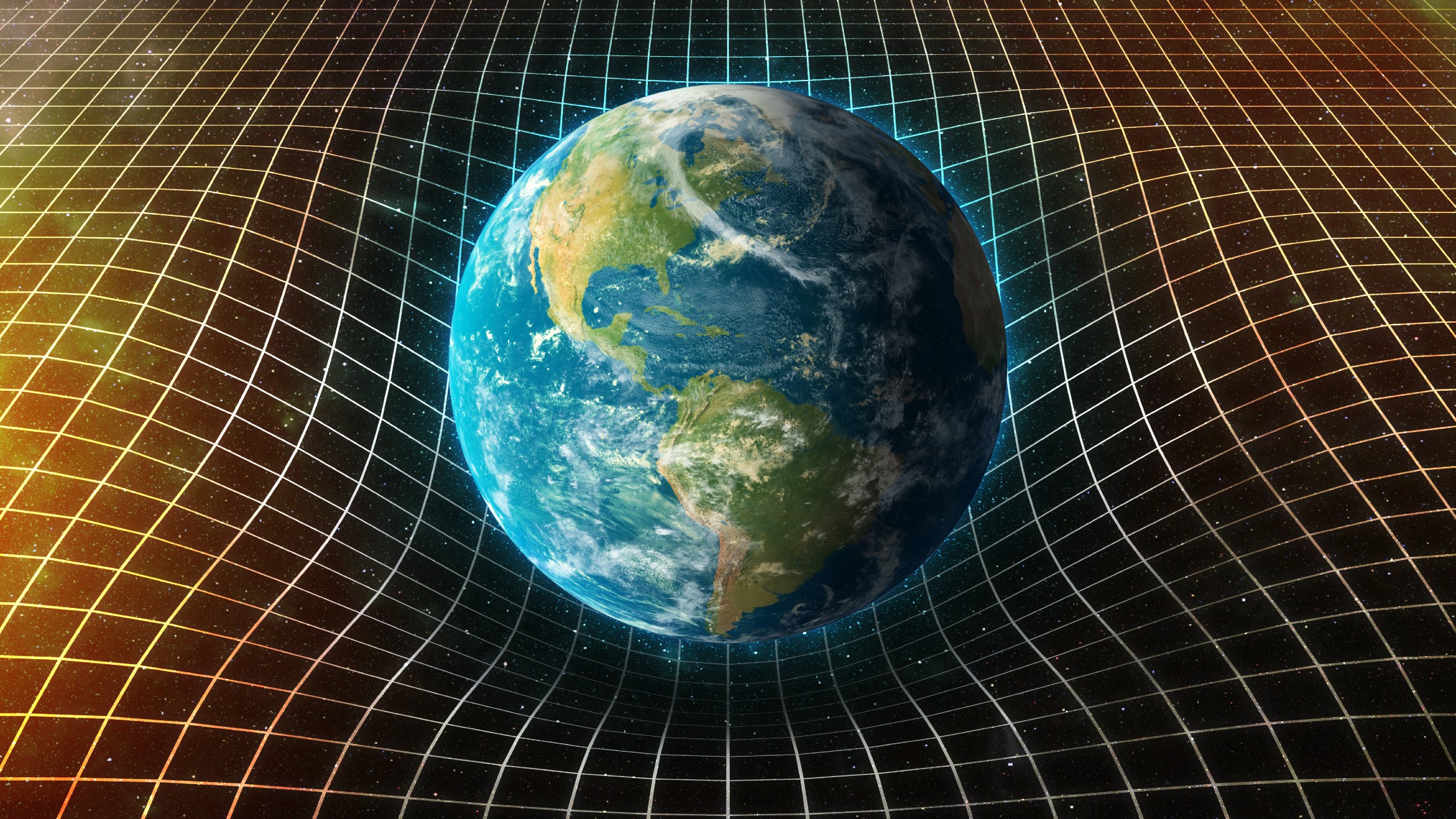
Why is gravity so weak? The answer may lie in the very nature of space-time
By Paul Sutter published
Reference The solution as to why gravity is so weak may come from taking a closer look at the Higgs boson.

Radioactive decay: Discovery, process and causes
By Paul Sutter published
Reference Radioactive decay is the strange and almost mystical ability for one element to naturally and spontaneously transmute into another one.
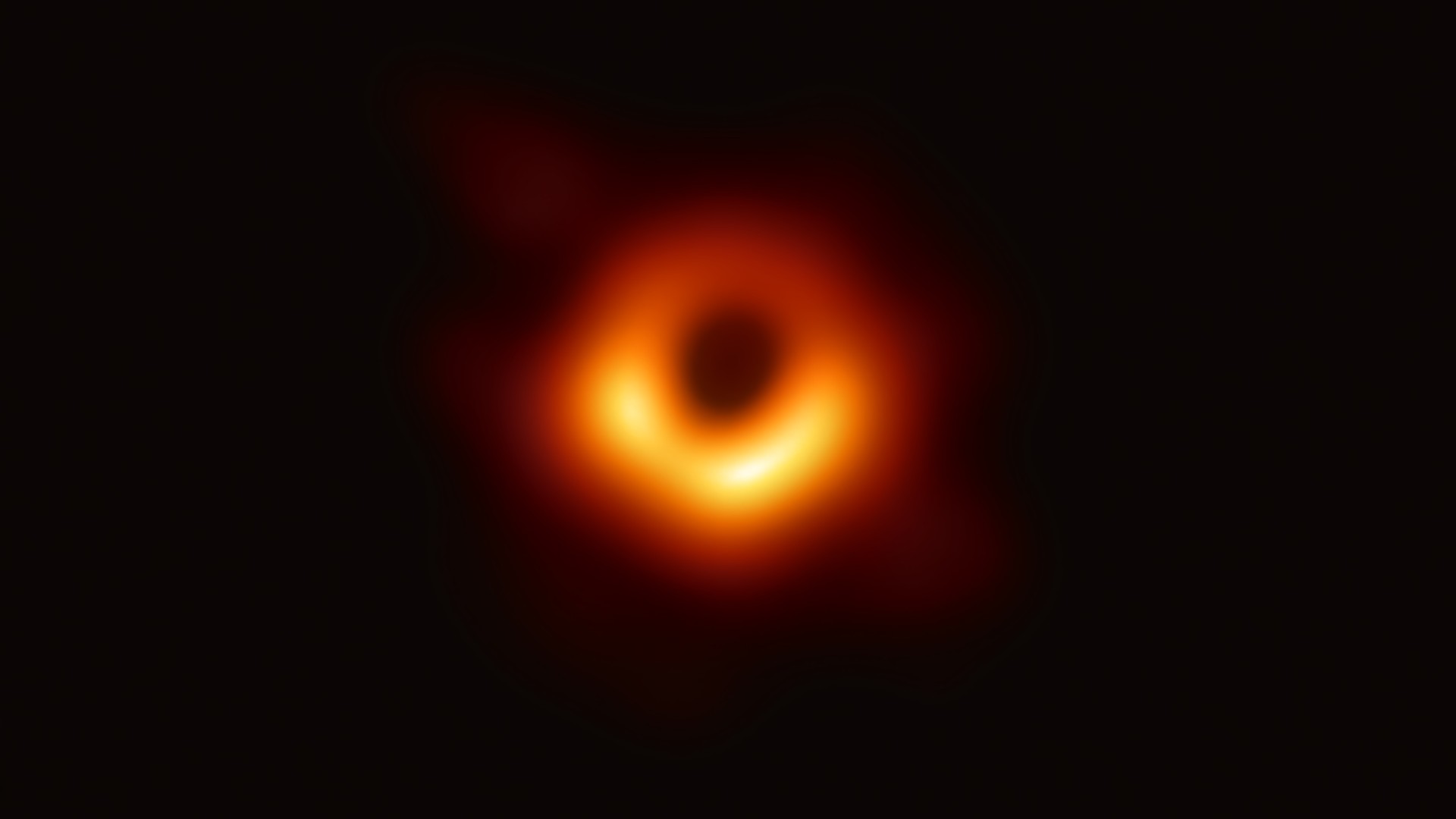
Black holes may die differently than we thought
By Paul Sutter published
New research motivated by string theory suggests possible, and equally strange, fates for evaporating black holes.
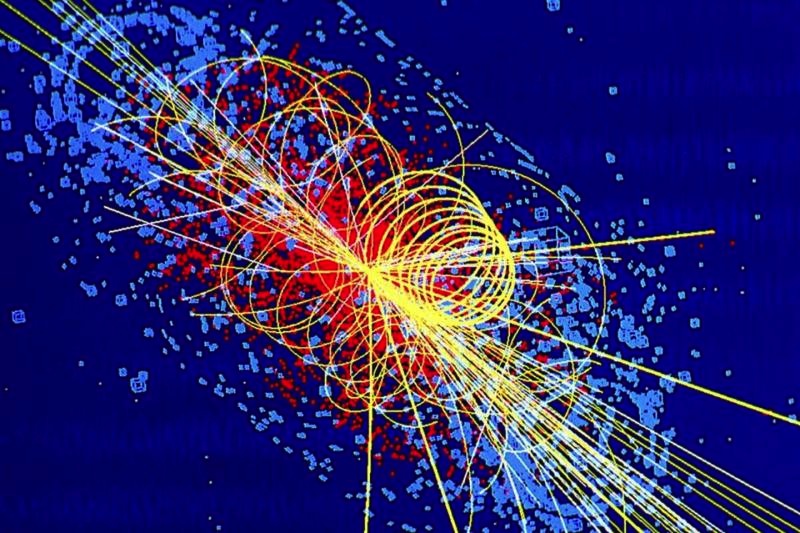
What the Higgs Is Going on with Mass?
By Paul Sutter last updated
By now, most people have heard the refrain: "The Higgs boson creates mass." But the reality is a bit more complicated than that.
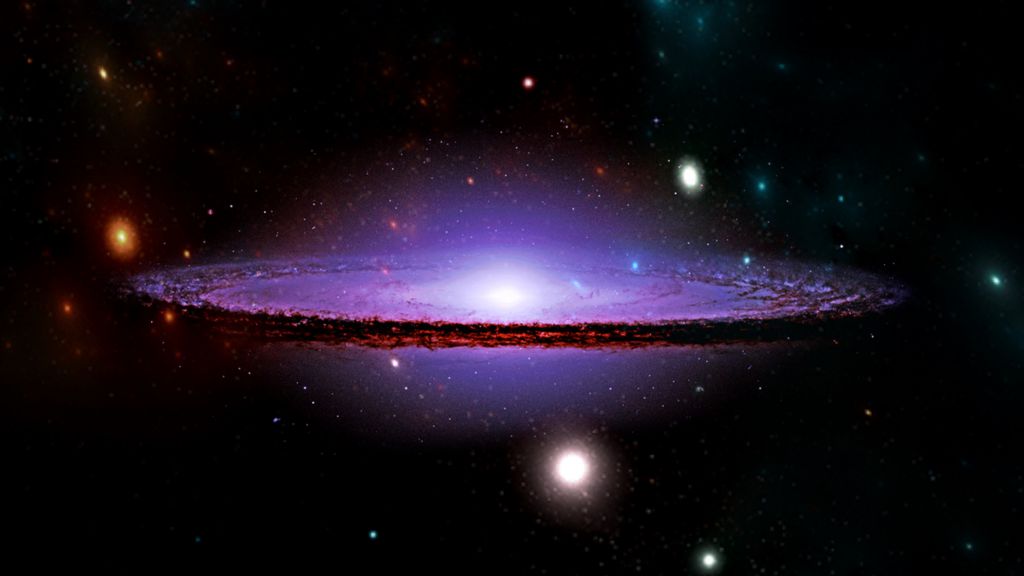
A Strange New Higgs Particle May Have Stolen the Antimatter from Our Universe
By Paul Sutter last updated
Physicists have proposed that a trio of particles called Higgs bosons could be responsible for the mysterious vanishing act of antimatter in the universe.

Physicists Search for Monstrous Higgs Particle. It Could Seal the Fate of the Universe.
By Paul Sutter last updated
Without the Higgs, the Standard Model of particle physics comes crashing down.

The Higgs Boson: A Not-So-Godlike Particle
By Paul Sutter last updated
Let's be perfectly honest: The Higgs boson and its role in the universe are not the easiest things to explain.

The Higgs boson could have kept our universe from collapsing
By Paul Sutter last updated
The Higgs boson particle could have kept our universe from collapsing within a larger multiverse, physicists say.
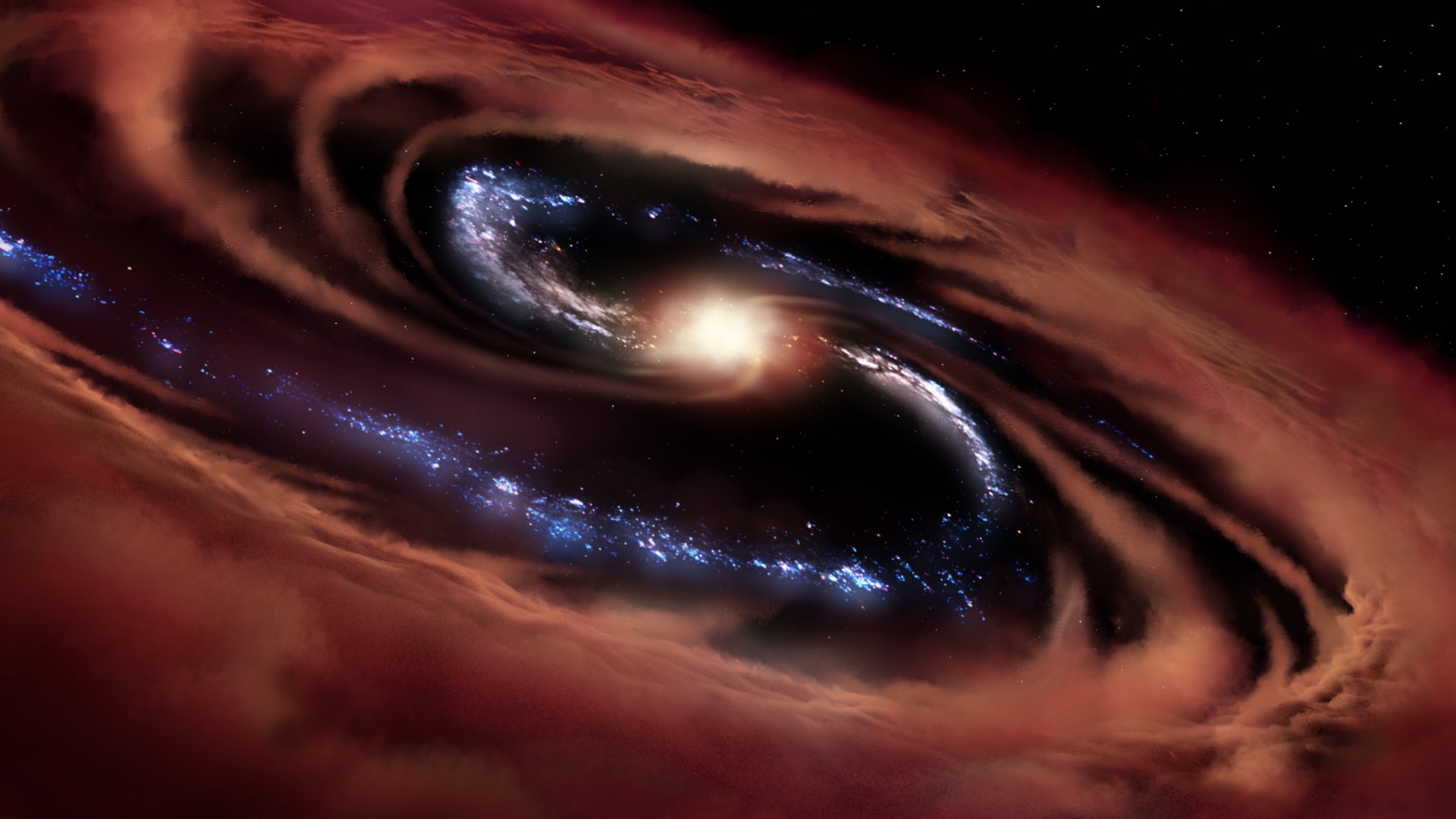
How black holes and galaxies play tug-of-war across the cosmos
By Paul Sutter published
How monster black holes overpower their much larger host galaxies.
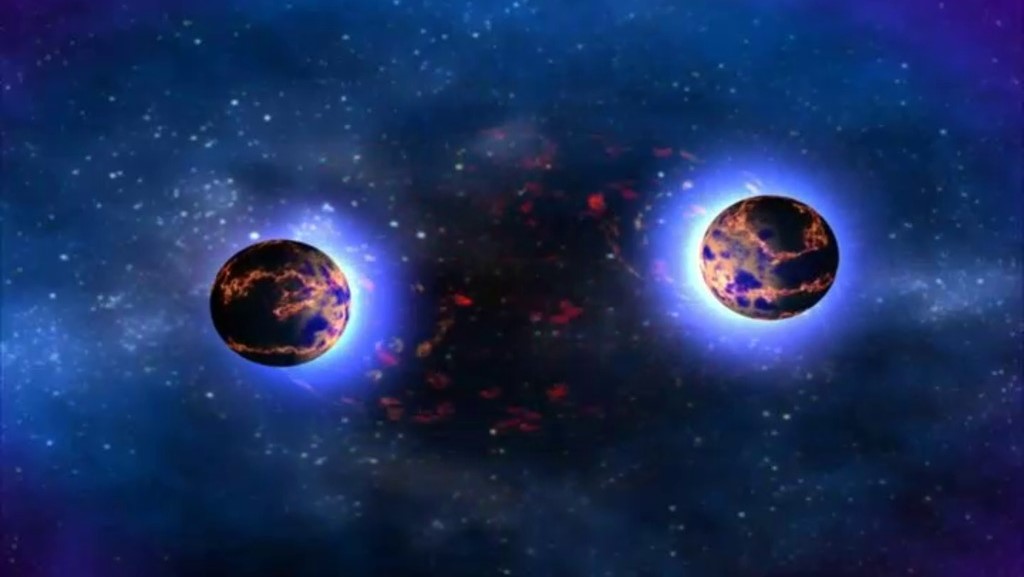
Flashes from neutron star tidal waves may signal impending mergers
By Paul Sutter published
Researchers have found a new way to detect some of the most cataclysmic mergers in the universe before they happen.
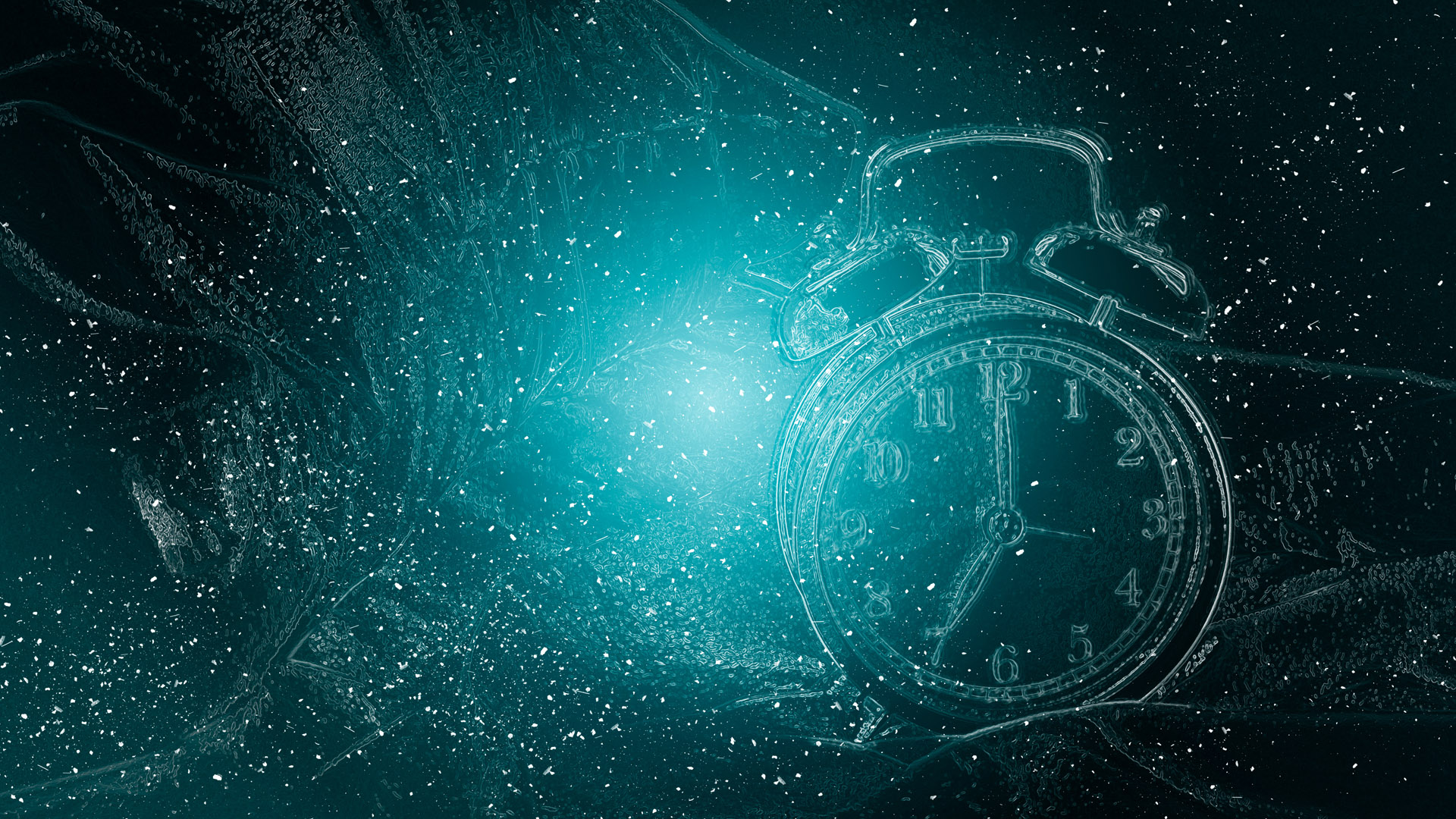
Physicists link two time crystals in seemingly impossible experiment
By Paul Sutter published
Physicists have created a system of two connected time crystals, which are strange quantum systems that are stuck in an endless loop to which the normal laws of thermodynamics do not apply.
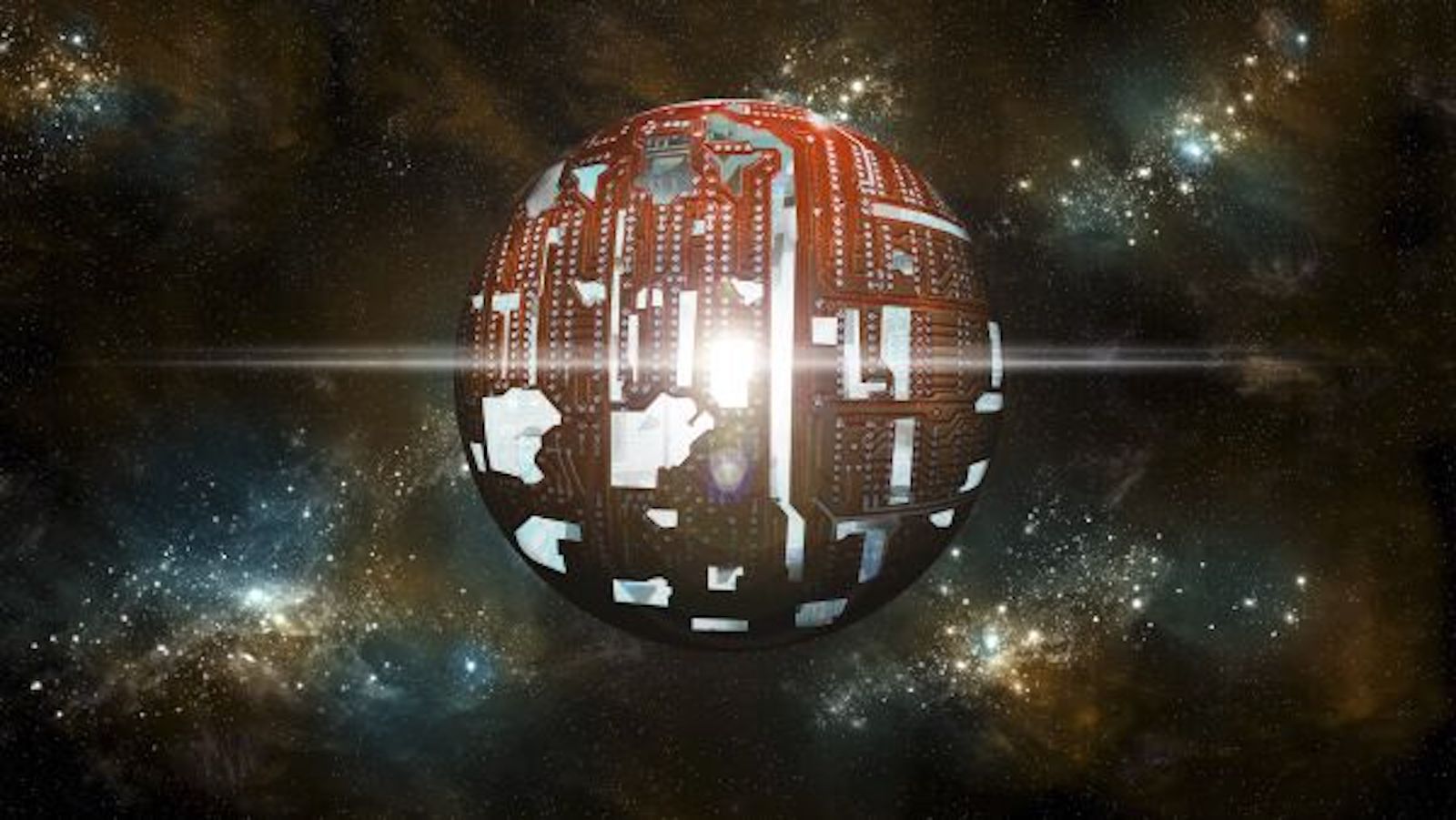
The aliens are all hanging out on Dyson spheres circling white dwarfs, physicist argues
By Paul Sutter published
If aliens exist, they do exist, they might be hanging out on Dyson spheres circling the husks of sunlike stars called white dwarfs.
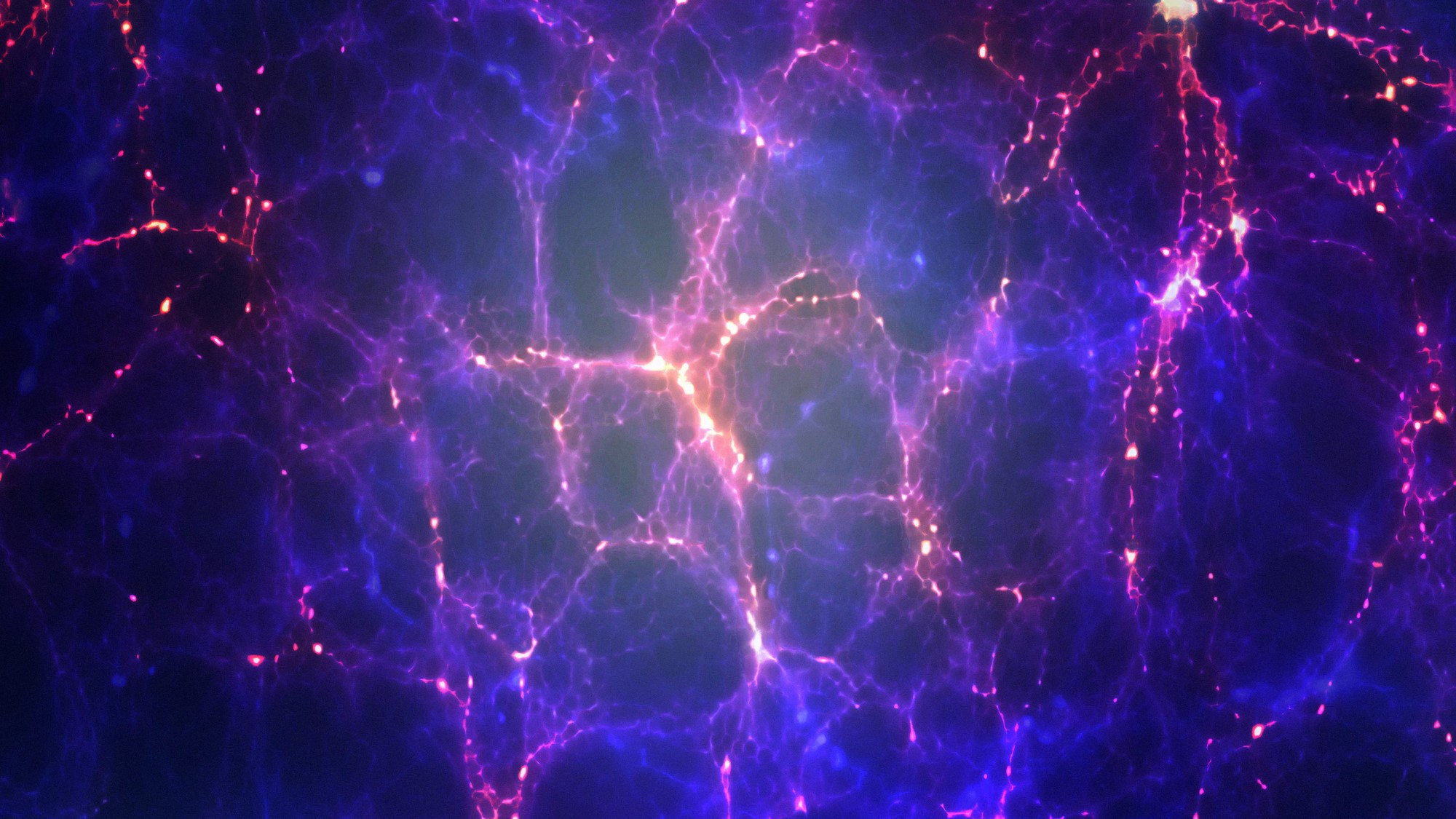
A mysterious intergalactic force is pushing against the Milky Way
By Paul Sutter published
It sounds like the premise of a bad sci-fi movie: There's some mysterious entity, beyond the boundaries of our galaxy, that is pushing against us with incredible force.
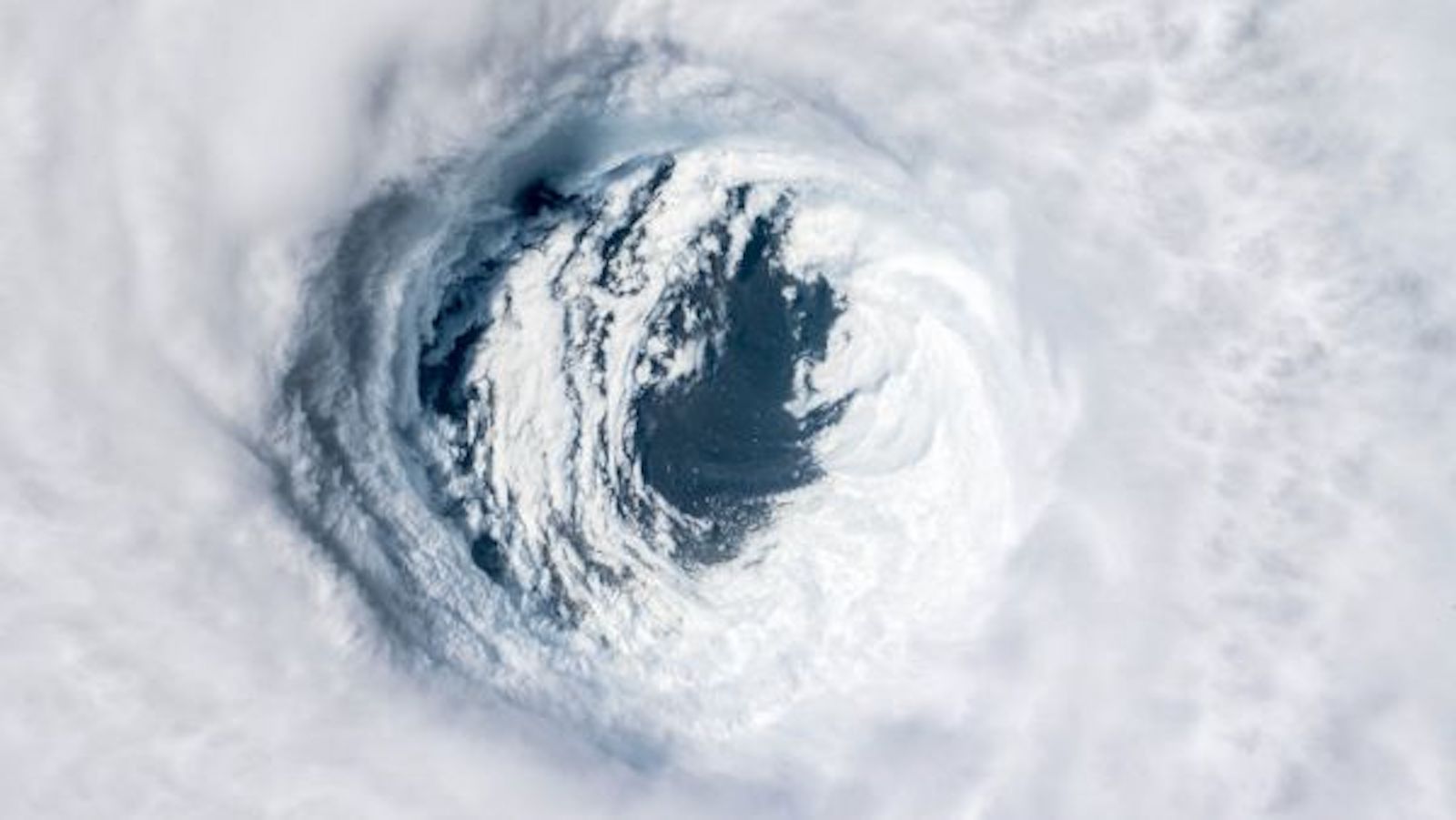
Physicists predict Earth will become a chaotic world, with dire consequences
By Paul Sutter published
Humans aren't just making Earth warmer, they are making the climate chaotic, a stark new study suggests.
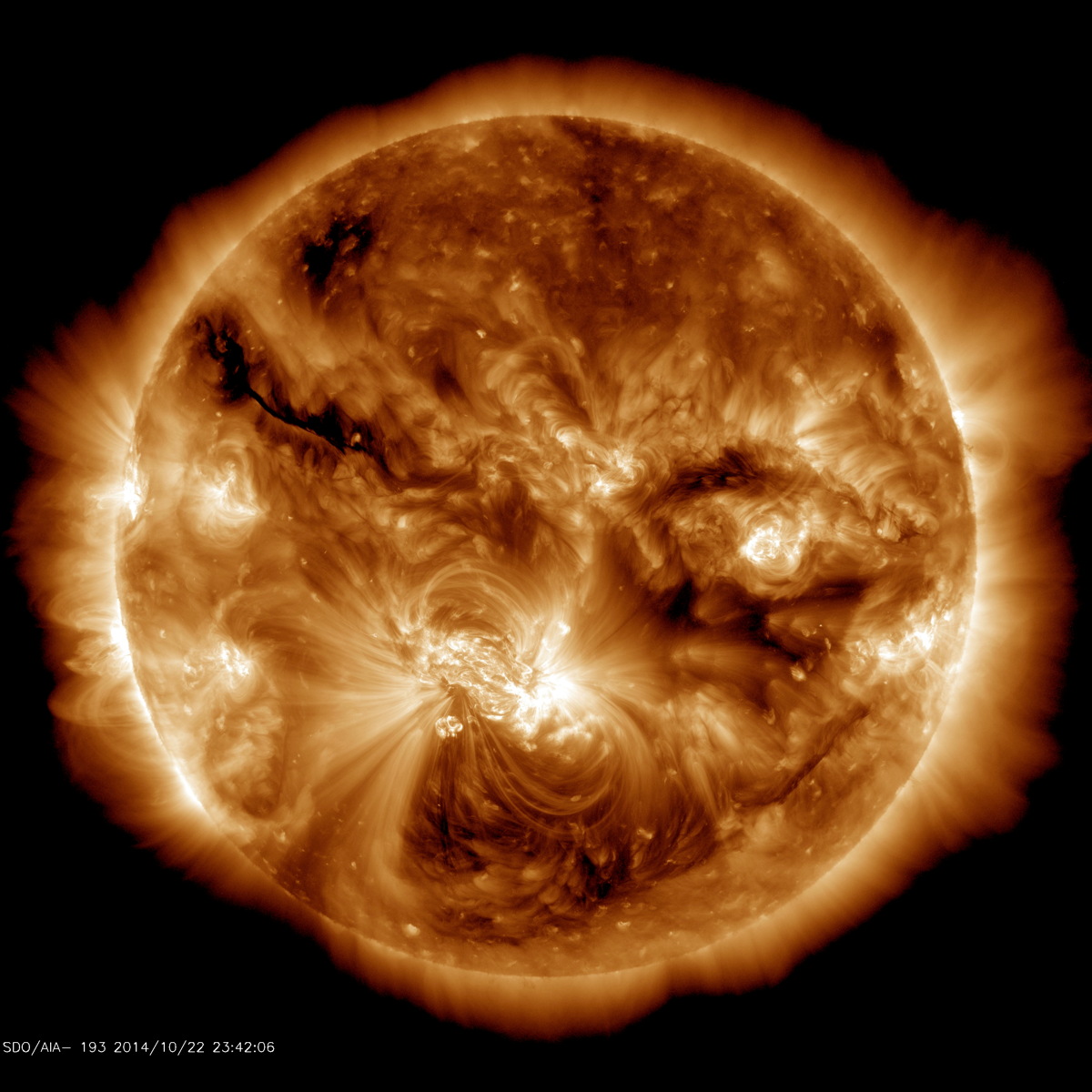
Sunspots' Tangled Tale: Why the Sun Has Spots
By Paul Sutter last updated
Explaining the source of sunspots is a pretty tough nut to crack.
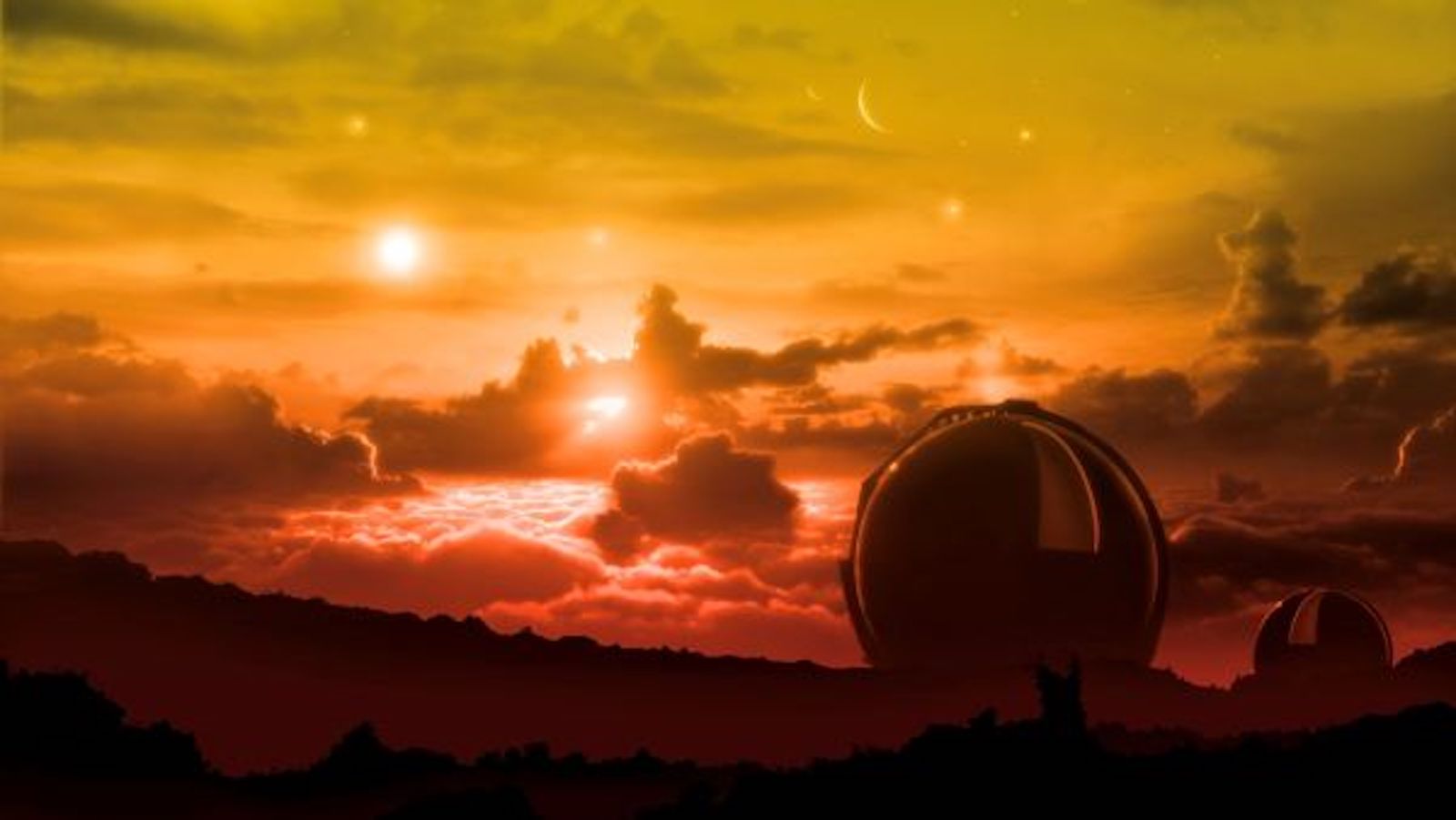
Humans could become a truly interplanetary species within 200 years, physicists claim
By Paul Sutter published
Harness renewable energy to explore the cosmos or risk planetary doom, new physics study argues.

The 'twin paradox' shows us what it really means for time to be relative
By Paul Sutter published
What goes for moving clocks goes for everything else; physics, chemistry and biology all operate at a slower pace in moving frames of reference.

Stronger gravity in the early universe may solve a cosmological conundrum
By Paul Sutter published
The inflationary epoch that caused our universe to rapidly expand in its earliest moments may be connected to the modern era of dark energy.
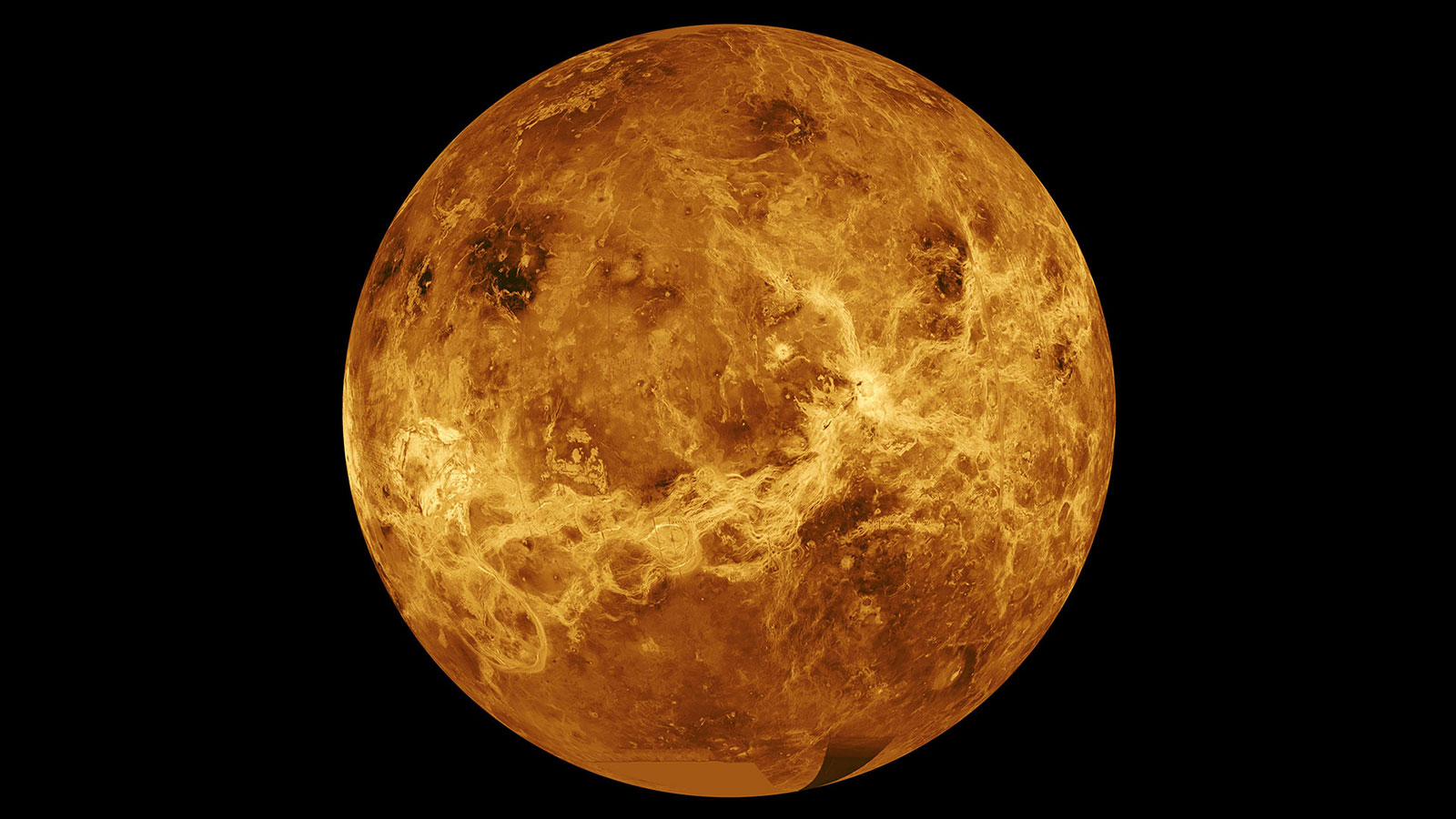
Venus-like worlds are surprisingly common in 'habitable' zones
By Paul Sutter published
The current definition of habitable zone only examines the amount of sunlight reaching a planet. It may be time to question that definition.
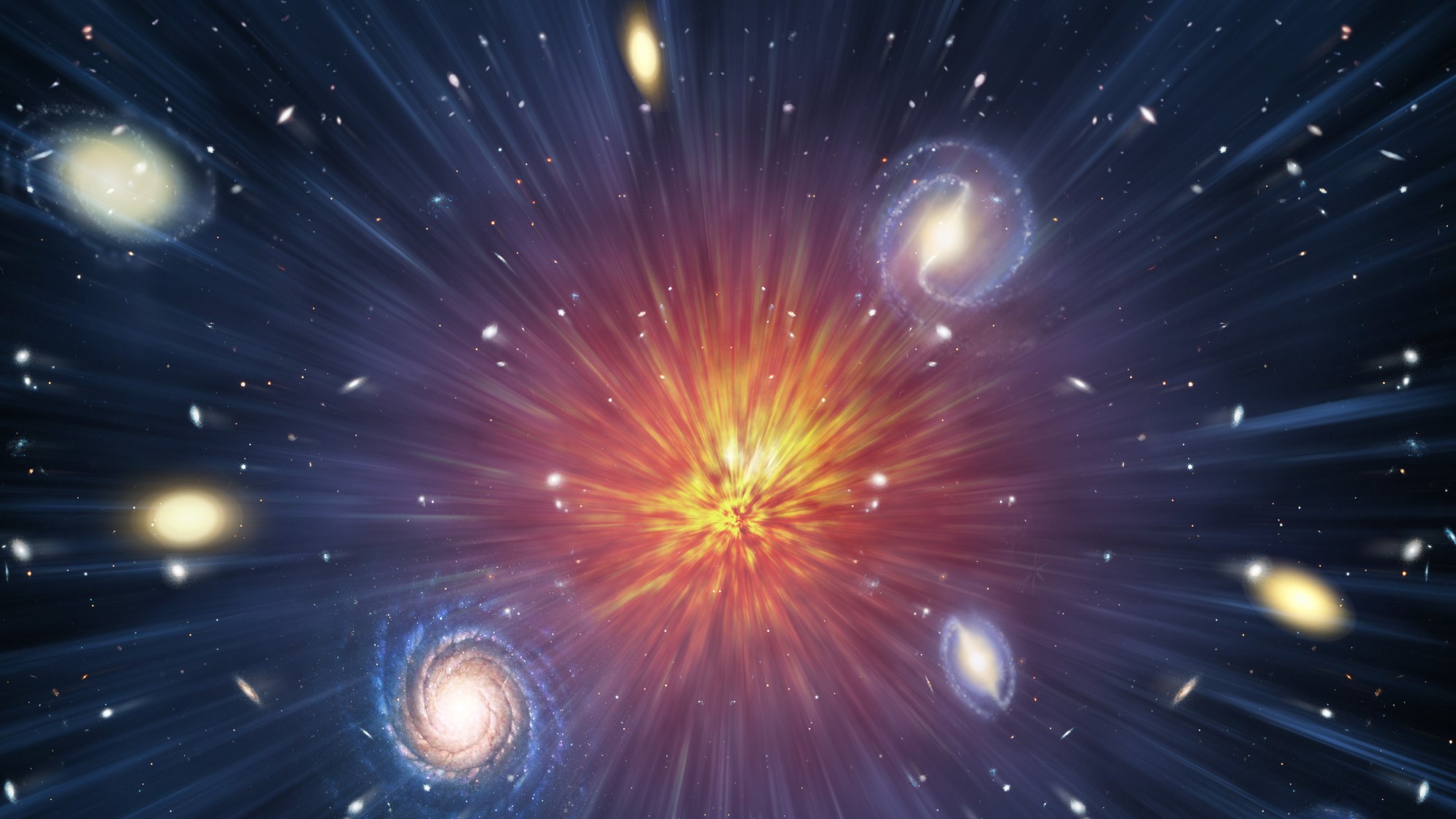
5 failed alternatives to the Big Bang theory and why they didn't work
By Paul Sutter published
Over the decades, the Big Bang theory has taken on some pretty heavy challengers. Let's explore those alternatives and why they didn't work.
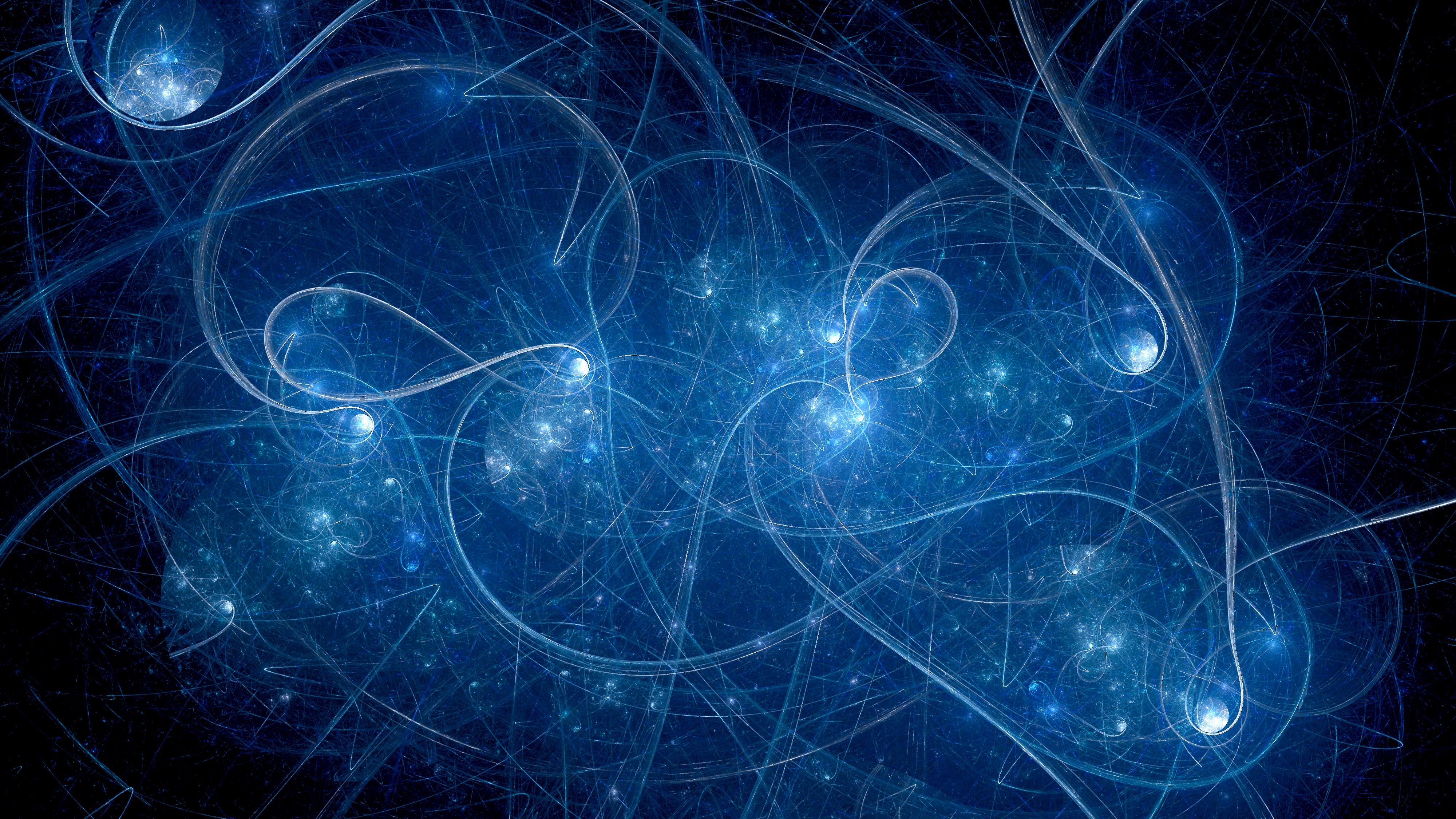
Is the origin of dark matter gravity itself?
By Paul Sutter published
Did the graviton, the quantum mechanical force carrier of gravity, flood the cosmos with dark matter before normal matter even had a chance to get started?
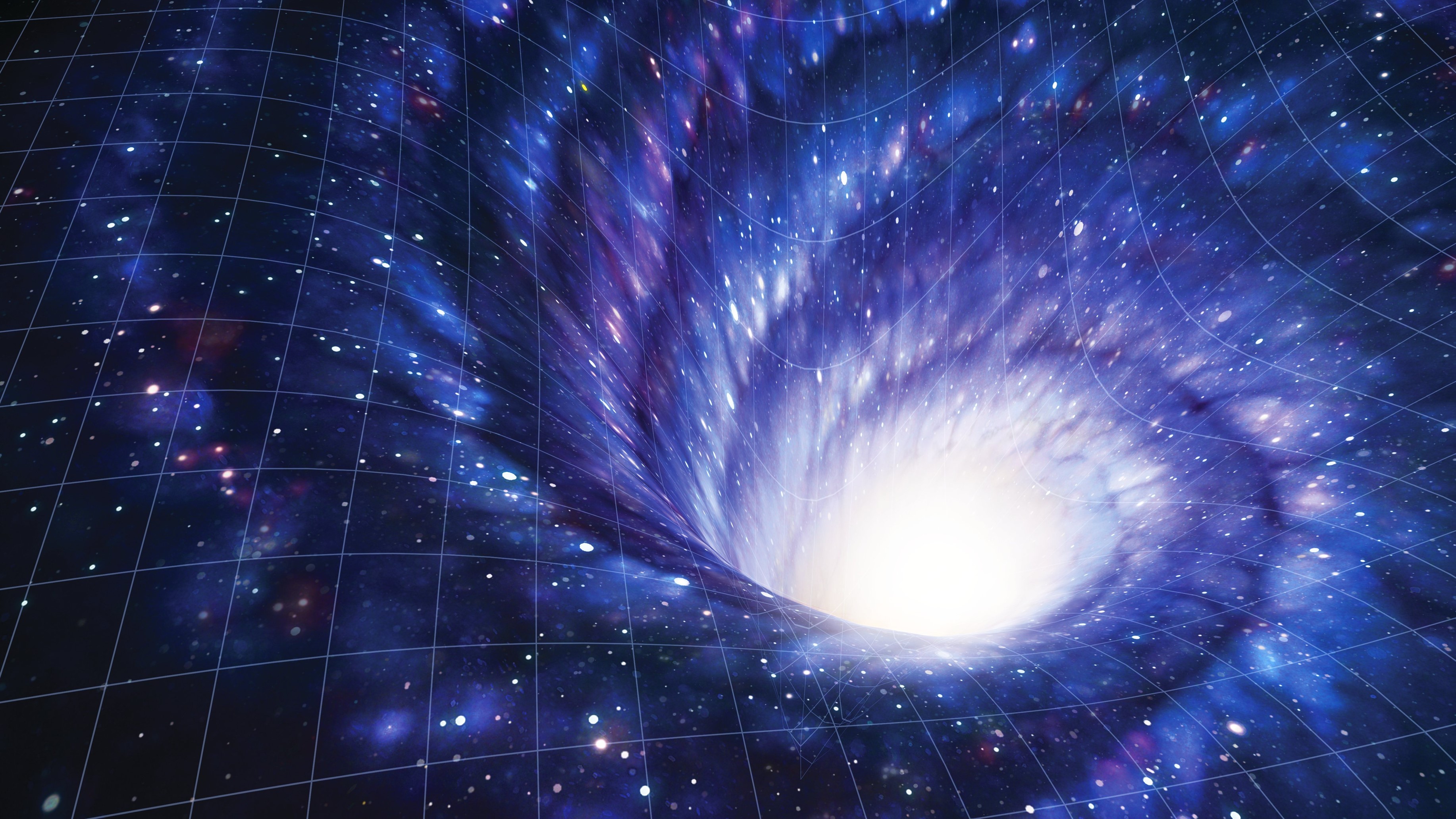
We can build a real, traversable wormhole … if the universe has extra dimensions
By Paul Sutter published
It may be possible to build a real, traversable wormhole, but only if our universe has extra dimensions, a team of physicists has found.

Our universe may have a twin that runs backward in time
By Paul Sutter published
A mirror universe that runs backward in time sprouted up before the Big Bang.

Life as we know it would not exist without this highly unusual number
By Paul Sutter published
The fine-structure constant is a seemingly random number with no units or dimensions, which has cropped up in so many places in physics, and seems to control one of the most fundamental interactions in the universe.
Get the Space.com Newsletter
Breaking space news, the latest updates on rocket launches, skywatching events and more!
